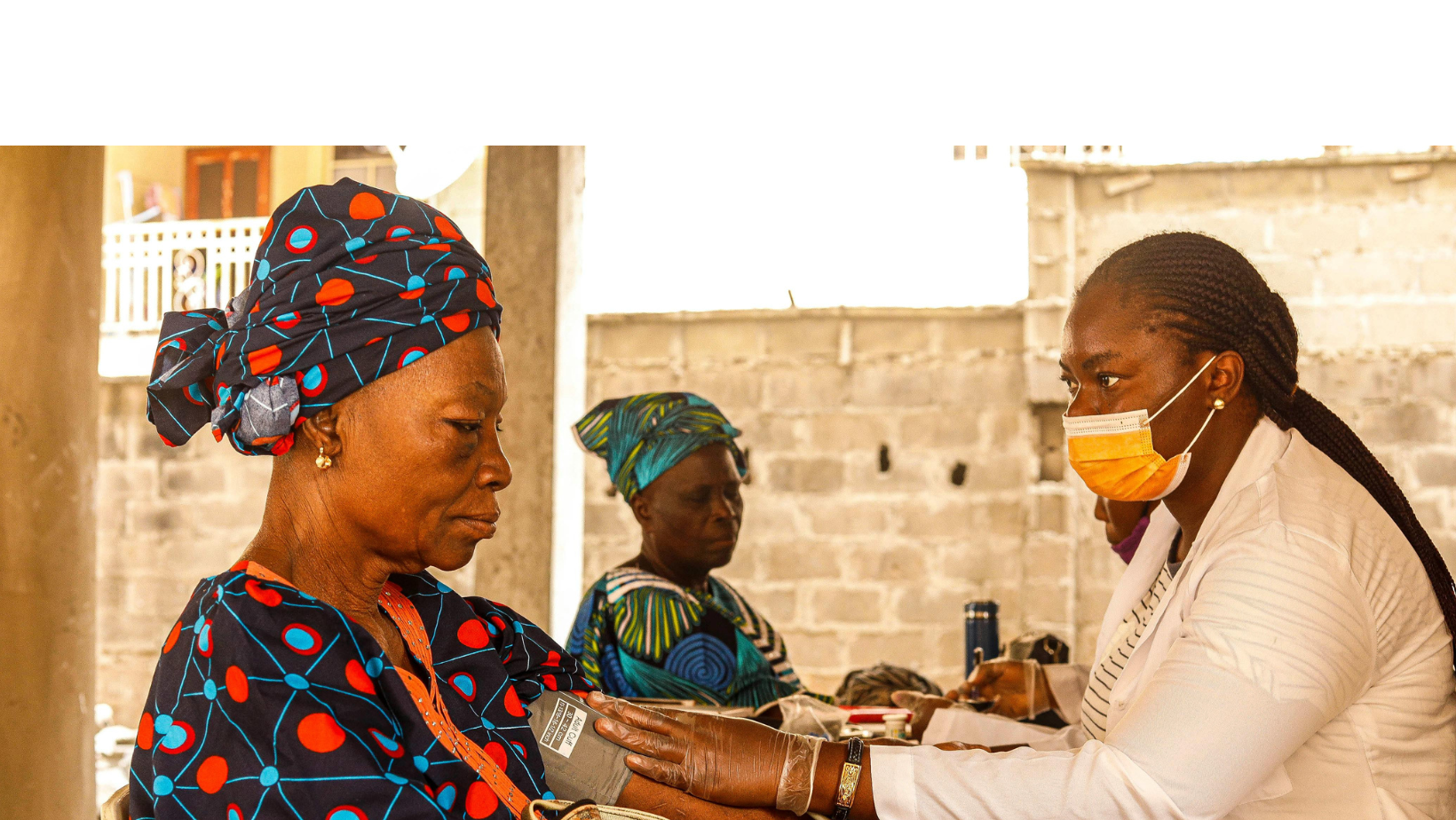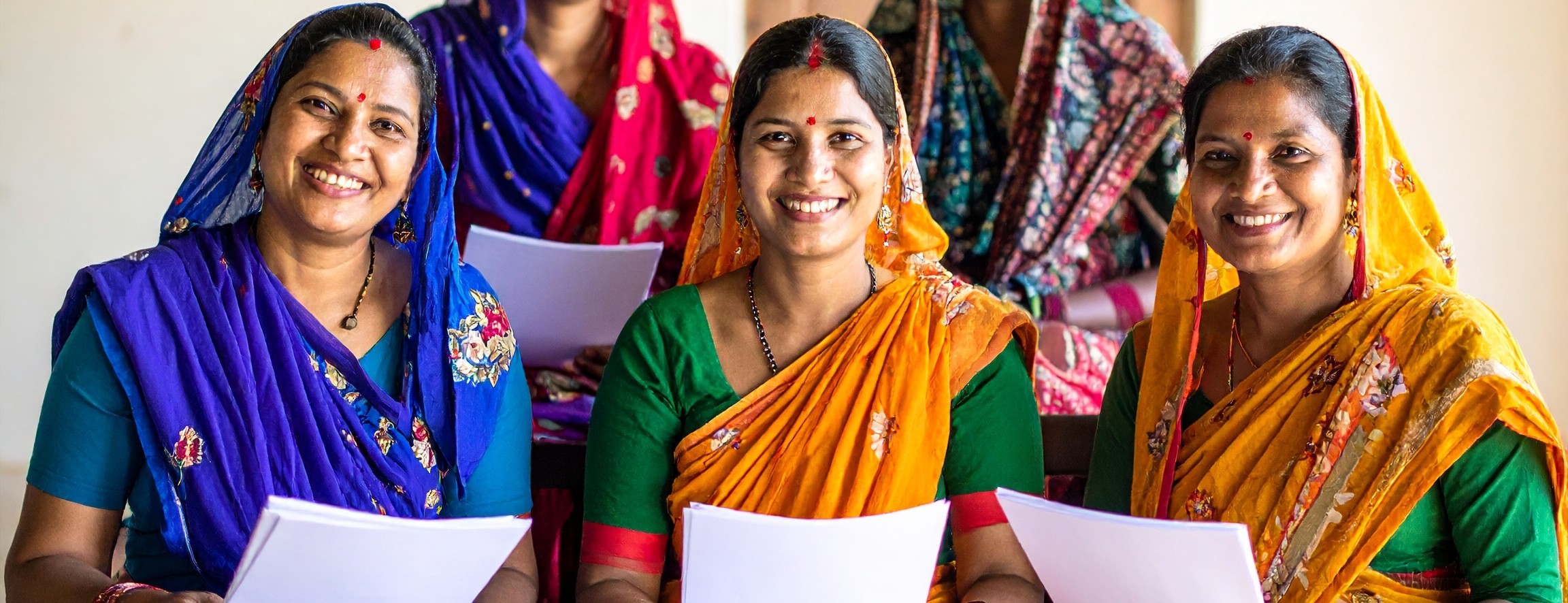Our insights
When disaster strikes: How fire insurance protects lives and property in informal settlements
Originally published by the ILO, this blog showcases how Lumkani, an SCBF Repayable Grant (RG-02)–supported insurtech, combines smart fire-detection technology with affordable insurance to protect families and livelihoods in high-risk informal settlements. Through real-life stories, it highlights how prevention, rapid payouts, and community trust can dramatically improve resilience to climate-driven fire risks—offering lessons with relevance far beyond South Africa.

Inclusive Index Insurance: New Insights from SCBF-Supported Projects
SCBF has published a new insights report on inclusive index insurance, drawing on five case studies across Africa, Asia, and Latin America. It shows that index insurance is most effective when bundled with services like credit or advisory support and delivered through trusted local partners, helping smallholders recover from climate shocks and invest productively. The report also highlights key challenges and offers practical recommendations for donors and practitioners to support scale, sustainability, and impact.
.png)
Unlocking the Business Case for Health Insurance for Low-income Women Savers: Insights from Uganda and Senegal
This blog highlights how Women’s World Banking (WWB), with support from the Swiss Re Foundation and SCBF, is expanding health insurance for low-income women savers in Uganda and Senegal. Savings-linked hospital cash insurance strengthens women’s financial resilience while creating sustainable business value for financial service providers - demonstrating SCBF’s role in enabling inclusive, scalable financial solutions.

How emergency loans help women entrepreneurs build financial resilience
SCBF supported Accion Advisory and Annapurna Finance in a project that introduced emergency loans - Just-in-Time (JIT) loans - and developed an interactive Customer Engagement Platform (CEP) to help rural entrepreneurs, particularly women in Odisha, eastern India, respond to sudden financial shocks. Designed for speed, accessibility, and flexibility, these tools enable low-income women to access small, pre-approved amounts through digital channels such as SMS, WhatsApp, and voice-based services. This republished blog explores how such financial solutions are vital for helping women retain control during crises and rebuild economic stability.

Bridging Gaps, Changing Lives: Understanding the Impact of Financial Inclusion
SCBF, in collaboration with 60 Decibels, is working on collecting emerging insights on the real-world impact of financial inclusion for low-income and underserved communities through its projects. Drawing on outcome studies conducted across seven countries, this report explores how access to tailored financial products - ranging from agricultural insurance to savings-linked health services - is improving income, resilience, and overall well-being. These insights offer a deeper understanding of client experiences and highlight the critical role that inclusive finance plays in building more secure and empowered futures.

Financial Inclusion Innovations for Healthcare in a Changing Climate
The SCBF, with the support of the UBS Optimus Foundation, has published emerging insights on the complex and interconnected relationships between climate, health and financial inclusion for low- and middle-income populations. The report examines key intersections, challenges and opportunities facing climate-vulnerable communities, as well as the innovators and funders working to address their needs.

SCBF's interventions in advancing financial inclusion in West Africa
A report has been compiled to provide a comprehensive contextual analysis of financial inclusion in West Africa and highlights SCBF's engagements across the region. It aims to provide valuable insights and learnings from SCBF’s interventions, showcasing the effectiveness of its approach in addressing financial challenges in West Africa. Additionally, the report includes a summary of all projects implemented in the region, demonstrating the impact SCBF has had in expanding financial access and fostering economic growth in the region.

Advancing ‘Green Inclusive Finance’ in Sub-Saharan Africa: Insights and Opportunities
A study was commissioned by Oxfam Novib Fund to be done by HEDERA and was managed by Triple Jump, explores how financial service providers in Sub Saharan Africa are integrating green finance to tackle climate risks. The study also evaluates the enabling environment and identifies challenges and opportunities for advancement of green finance.

Delivering financial inclusion in West Africa: Case studies from Mali, Togo and Benin
SCBF-supported interventions in West Africa have played a pivotal role in advancing financial inclusion across the region. The initiatives in Togo and Benin focused on digitalizing financial services, complemented by financial education to enhance adoption, while the project in Mali centered on empowering rural women through the Women’s Self-Help Group methodology. The global summary of these case studies highlights key insights, lessons learned, and client experiences, showcasing the impact of these projects on underserved communities.



